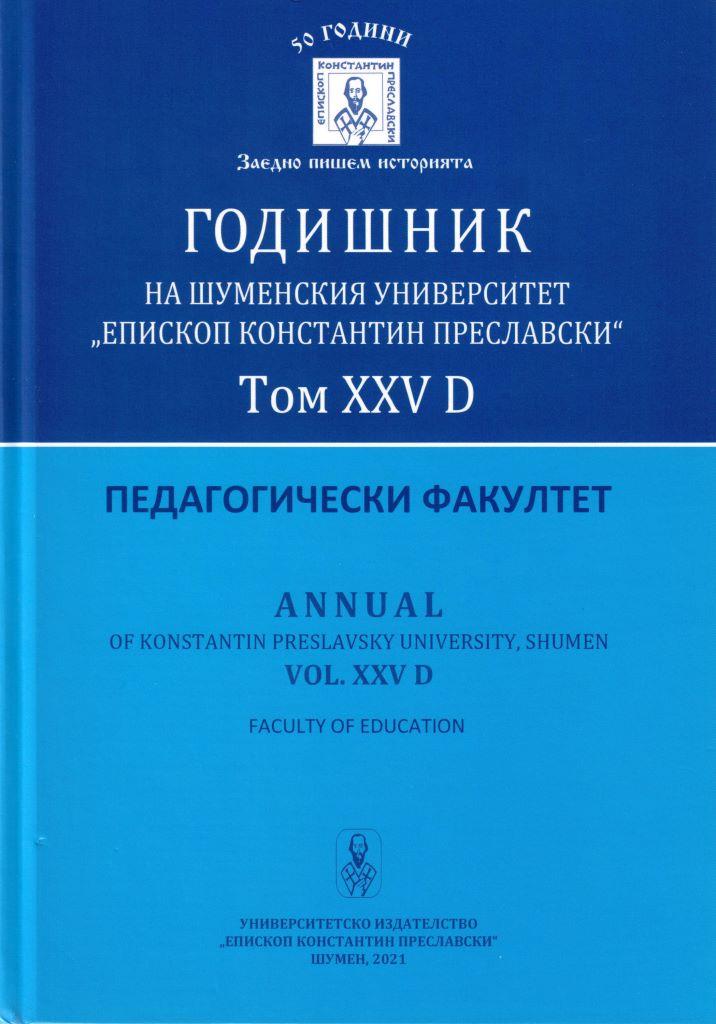Зависимости между учебните постижения и равнището на интелигентност при ученици в риск от отпадане от училище
The relation between academic achievements and the level of intelligence in the students at risk of dropping out of school
Author(s): Penka KozhuharovaSubject(s): Social Sciences, Education, School education
Published by: Шуменски университет »Епископ Константин Преславски«
Keywords: academic achievements; intelligence; school failure; dropping out of school
Summary/Abstract: Objectives: The aim of the study is to investigate the relationships between the level of intelligence and academic achievement of 173 students in the lower secondary stage of school education. Methods: The relationship between academic achievement and intelligence was monitored by the Kettell C.F.2A Intelligence-Free Test. Results: There are no significant differences in the overall intelligence of students in the groups with persistent lagging behind in many subjects and with sustainable lagging behind in only a few main subjects (t = 0.82, at tp = 1.65 (p <0.1). One third of the students in these groups have an average level of intelligence, and for two thirds of them the values are in the low levels of the scale. There is a significant difference in the levels of intelligence in students with persistent retardation and students with partial retardation, which is quickly overcome: t = 8.55 at tp = 3.36 (p <0.001). The main percentage of students in the group with partial lag is with an average level of intelligence. There are no significant differences between students with an average level of intelligence from the group with partial lag and the group of students with an average level of success. The differences between these groups are significant for students with high levels of intelligence: t = 2.08 at tp = 1.97 (p <0.05). Conclusions: Kettel's test is related to the determination of fluid intelligence and the obtained values point to the conclusion that "crystallized" intelligence affects academic achievement. It can be assumed that general intelligence is a significant but not a determining factor for school success. High levels of intelligence imply higher academic achievement, but higher achievement can also be achieved by students with medium and, in some cases, low levels of intelligence. Although partially, students with a high level of intelligence are also at risk of falling behind. Further research in a group of students with the same level of intelligence and different learning outcomes could help to find dependencies on conditions and factors that lead to a favourable outcome in the prevention of the risk of school failure.
Journal: Годишник на Шуменския университет „Епископ Константин Преславски“. Педагогически факултет
- Issue Year: XXV/2021
- Issue No: 1
- Page Range: 614-627
- Page Count: 14
- Language: Bulgarian

